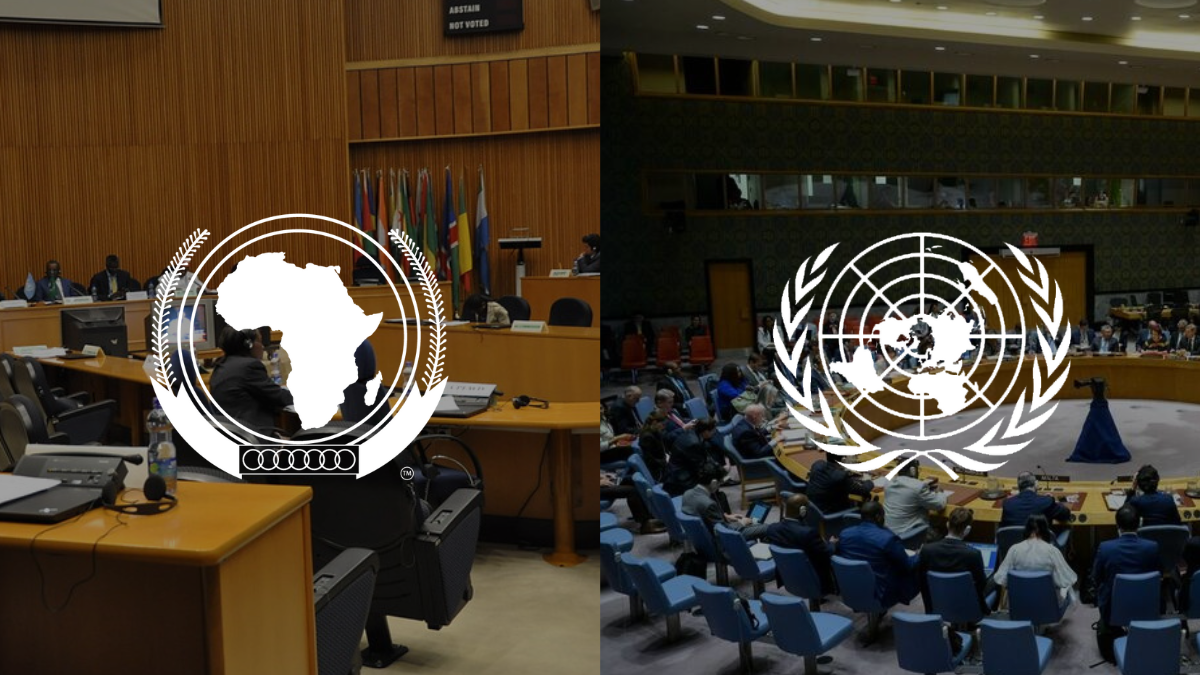KABUL - A world free from violence and discrimination, and where all people have quality access to education, must be the shared goal of everyone to make the planet a better place, said participants in recent discussions held across Afghanistan for the global UN75 initiative.
To create a collective vision for the world’s future, Afghans came together in the first quarter of the year, before the first COVID-19 cases were reported in the country, to share their ideas on how to improve the lives of all people, everywhere.
In one of the conversations at an event in the northern province of Balkh, youths talked about how violent conflict robs people of access to basic services, deprives them of their rights and perpetuates inequality.
“Those who cannot get a polio vaccine or reach a hospital because of the war are victims of conflict as much as those hit by bullets,” said Ajmal Rahmani, a member of the Association of the Visually Impaired and one of the participants at the UN75 event in Balkh.
Groups gathered at events in Bamyan, Kabul, Kandahar, Kunduz, Mazar, Maimana and Samangan to have their voices heard on the future.
In the frontline town of Kunduz, participants spoke out against discrimination. “Discrimination is a disgusting phenomenon that threatens unity among people,” said Rohina Rohi, a gender specialist in the Kunduz provincial governor’s office. “To make the world a better place, we must eliminate discrimination.”
Quality education was another issue at the top of the list for those attending the UN75 events. Participants stressed that many of the challenges Afghanistan faces today, including violent extremism, poverty and environmental degradation, result from a lack of universal access to education.
“Security, poverty and education are interlinked,” said Ajmal Ramyar, executive director of Afghans for Progressive Thinking, a youth-oriented advocacy group, at an event in Kabul. “But an absence of security is the mother of all problems, and once safety is ensured, other problems can be solved easily.”
Jamshid Fardi, a university lecturer, offered a similar perspective at an event in Balkh: “Our world is facing extremism, inequality and injustice, all of which relate to a lack of quality education.”
In addition to discussing security, equality and education, those attending the UN75 events focused on the need for urgent climate action, arguing that all human aspirations – from eradicating poverty and addressing inequality to building peace – hinge on protecting the environment.
“Whatever we do, we must consider the consequences to our environment, as it is our shared responsibility,” stated Rubaba Rezai, a youth activist and environmentalist, at an event in Bamyan.
The UN75 events that have taken place across Afghanistan, and around the world, are part of a global campaign designed to crowdsource ideas to help shape a better future, collectively. Through these conversations, the UN is seeking to build a global vision for the year 2045 – the centenary of the United Nations – and to build international support to realize that vision.
While the UN75 campaign is designed to cultivate conversation among all segments of society – from classrooms to boardrooms, parliaments to village halls – it places special emphasis on youth and those whose voices are often marginalized or not heard in global affairs.
The UN is marking its 75th anniversary at a time of great disruption for the world, compounded by an unprecedented global health crisis with severe economic and social impacts. Covid-19 is a stark reminder of the need for cooperation across borders, sectors and generations. Will this pandemic bring the world closer together? Or will it lead to greater mistrust? Global dialogue – and action – is now more urgent than ever.
The views and ideas generated in all of the events will be presented to world leaders and senior UN officials at a high-profile event during the 75th Session of the General Assembly slated for September 2020.
There are no limits or requirements for those who want to be a part of the conversation – physically or online. Information is available at www.un.org/UN75.






